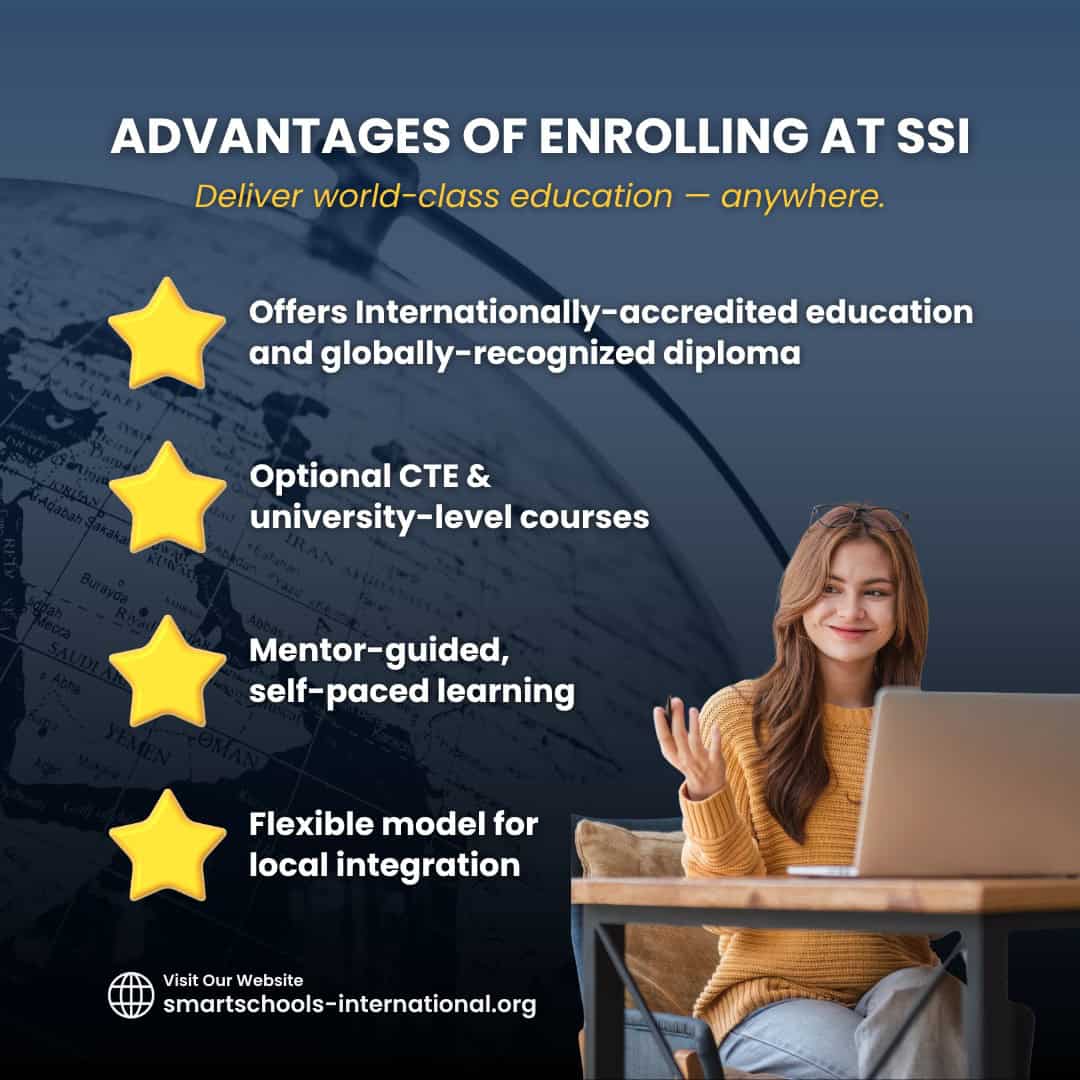In our increasingly interconnected world, education must reflect the rich tapestry of diverse cultures, experiences, and perspectives. At Smart Schools International, our dual diploma program not only bridges the gap between different educational systems but also nurtures global competence among students. This blog post explores how embracing cultural diversity in education enriches learning, fosters international collaboration, and prepares students to thrive in a globalized economy. The Importance of Cultural Diversity in Education Enhancing Learning Environments: Classrooms enriched with diverse cultural perspectives encourage dynamic discussions, foster critical thinking, and promote empathy among students. Exposure to various viewpoints broadens understanding and sparks creative problem-solving. Building Global Competence: As globalization accelerates, the ability to communicate and collaborate across cultural divides becomes increasingly essential. Educational programs that prioritize diversity help students develop the skills needed for success in multinational and multicultural environments (United Nations Educational, Scientific and Cultural Organization , 2019). The Dual Diploma Advantage Academic Enrichment: Students enrolled in our dual diploma program benefit from the rigorous curriculum of their home country while simultaneously earning an American high school diploma. This dual approach provides a more comprehensive educational experience, preparing students for further academic pursuits globally. Career Readiness: Graduates gain a competitive edge by developing adaptability and cross-cultural communication skills. Employers value candidates who are not only academically proficient but also culturally aware and versatile in diverse settings. Global Networking: Participation in an international program fosters long-lasting connections with peers from different parts of the world. These networks can be invaluable for future educational collaborations and career opportunities. Innovative Approaches to Global Education Collaborative Projects: Integrating group projects that span different countries and cultures encourages students to work collaboratively, share diverse ideas, and solve complex global issues. Virtual Exchange Programs: Online platforms allow students to participate in virtual exchange programs where they can interact with international peers, share cultural traditions, and collaborate on academic projects. Culturally Responsive Teaching: Educators are encouraged to adapt teaching methods that respect and integrate cultural differences, ensuring that every student’s background enriches the learning experience. Challenges and Opportunities Bridging Educational Gaps: Integrating diverse curricula can sometimes lead to challenges in aligning academic standards. Continuous review and adaptation of teaching methods are necessary to ensure all students benefit equally. Embracing Change: As educational institutions strive to be more inclusive, there is an ongoing need to invest in teacher training, curriculum development, and supportive technologies. Future Directions: Looking ahead, global education will continue to evolve with technology. Virtual reality and augmented reality are set to offer even more immersive experiences that simulate international travel and cultural exchange, further enhancing global competence. Global education is a cornerstone for building a more inclusive and innovative future. Smart Schools International is proud to offer a dual diploma program that not only enhances academic credentials but also instills a deep appreciation for cultural diversity. By cultivating global perspectives, we are equipping our students with the skills and mindset necessary to succeed in a connected world.
References
Bozkurt, A., & Sharma, R. C. (2020). Emergency remote teaching in a time of global crisis: A narrative inquiry on the pedagogical practices of an online teacher. Educational Research Review, 29, 100337.
Smart Schools International. (2024). Smart Schools International website.
United Nations Educational, Scientific and Cultural Organization. (2019). Global citizenship education: Topics and learning objectives. UNESCO.

